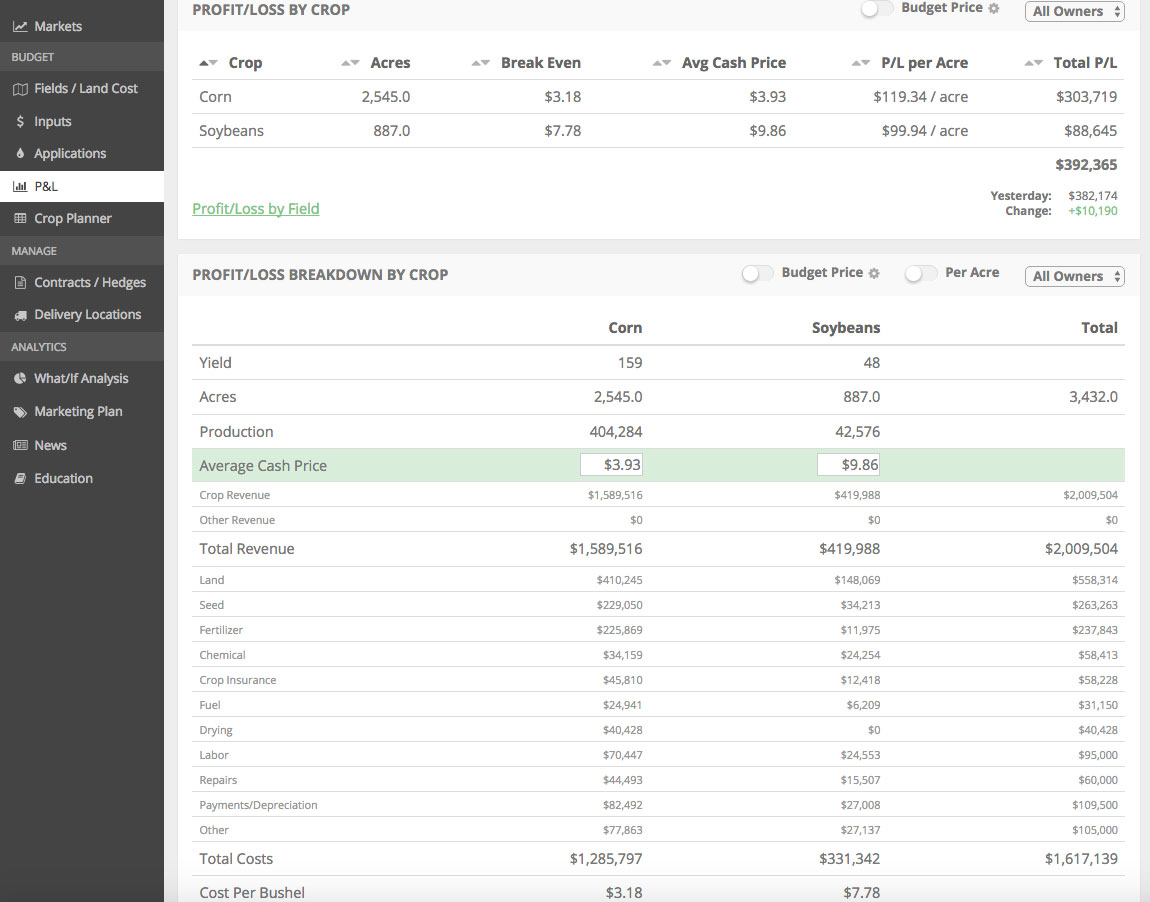I’ve recently spent quite a bit of time studying the philosphy of Charlie Munger
Charlie is Warren Buffet’s right-hand man and partner in Berkshire Hathaway. He has a ton of thoughts on business that resonate with me.
Here’s one that’s especially powerful.
“It is remarkable how much long-term advantage people like us have gotten by trying to be consistently not stupid, instead of trying to be very intelligent.” - Charlie Munger
Shane Parrish, on his blog Farnam Street, uses tennis to exemplify Charlie’s quote.
He states that in tennis matches that are played by professionals, the outcome of the match is determined by the actions of the winner.
Matches that are played by amateurs are completely different. In a match that’s riddled by balls hit out of bounds or into the net, the outcome is often decided by who makes less mistakes.
He references an essay called The Loser’s Game with the following quote:
“In expert tennis, about 80 per cent of the points are won; in amateur tennis, about 80 per cent of the points are lost. In other words, professional tennis is a Winner’s Game – the final outcome is determined by the activities of the winner – and amateur tennis is a Loser’s Game – the final outcome is determined by the activities of the loser. The two games are, in their fundamental characteristic, not at all the same. They are opposites.”
The key takeaway here is that if you’re an amateur, you should avoid making stupid decisions vs. trying to make brilliant decisions.
How is this applicable to farming? Good question.
In a business that’s impacted so heavily by two factors outside of your control (weather and commodity markets), I would argue that everyone is an amateur in a lot of respects.
Grain marketing is one area where 99.999% of your decisions are “wrong” if judged through the lens of success being hitting the high in the market.
Rather than focusing on being in the top 1/3 of the market, for example, you should focus on making decisions that increase the probability of your farm being around for the long term.
Having a goal of staying in business is a lot easier to achieve than many of the arbitrary goals that get thrown around (such as selling your grain in the top 1/3 of the market, as mentioned above). This goal also respects the fact that all of us are amateurs when it comes to the near-impossible task of price prediction.
Such a goal also makes it easier to make proactive decisions, which are key to taking more control of your farm’s financial outcome.
You owe it to yourself, and your farm, to find the best possible mix of equipment, labor, and inputs given your local variables. You’d be foolish not to test, iterate, and find the mix that gives you the greatest probability of being the lowest cost producer possible (on a per unit of production-basis).
But in areas where you know you’re an amateur, simply focus on not making the big mistakes that can sink your operation.

Nick Horob
Passionate about farm finances, software, and assets that produce cash flow (oil wells/farmland/rentals). U of MN grad.
Related Posts
Liquidity is King in Farming
Working capital (and liquidity in general) are very important in a commodity business such as farming. Farmers need to constantly evaluate their balance sheets to prepare for the inevitable cyclical downturns. Liquidity is king!
Read More »
